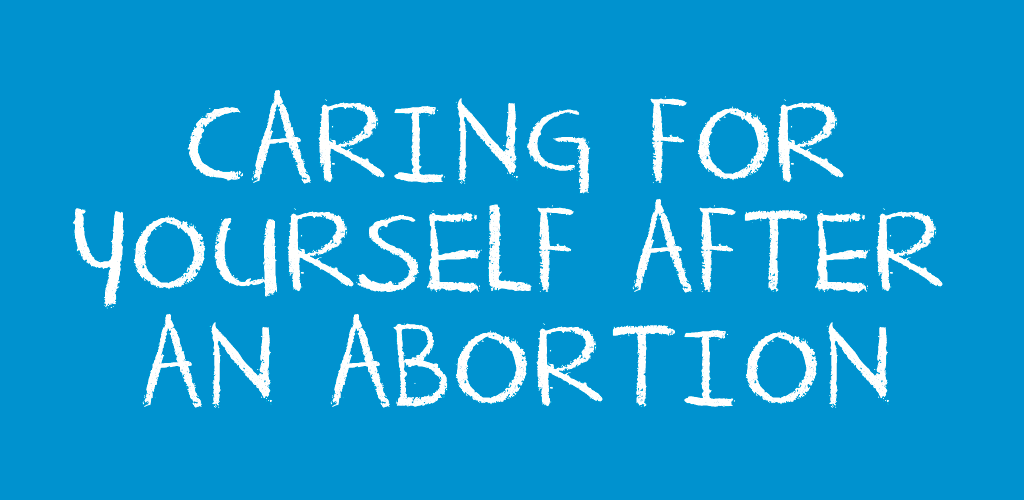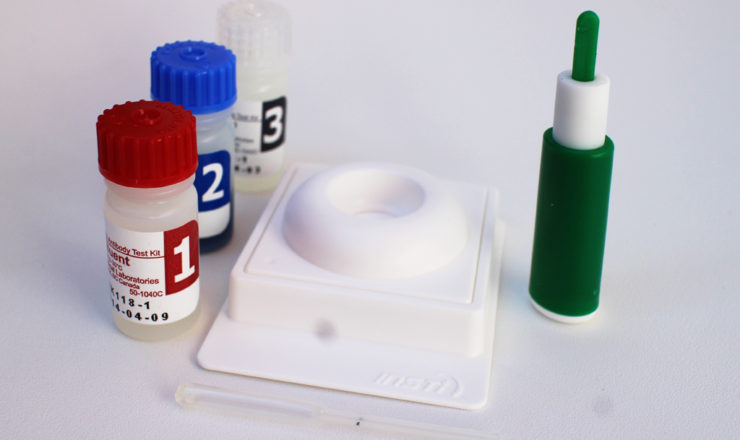Caring For Yourself After an Abortion
Everyone responds differently after an abortion. No matter how you feel physically or emotionally, you will need to look after yourself.
How am I supposed to feel emotionally after an abortion?
- There is no right way to feel after an abortion.
- You may have strong feelings or you may not feel very much.
- You may feel a sense of relief, a sense of loss, sadness, anger, or guilt.
- You may feel many different things at once, or be confused about how you feel.
What can I do if I need help deal with my feelings?
- To see a counsellor for more in-depth pre- or post-abortion support, contact PPT (416-961-0113 / Link), the Bay Centre (416-351-3700 / Link), or some freestanding abortion clinics.
- All-Options (1-888-493-0092 / Link): nonjudgmental peer support for decisions/feelings/experiences with pregnancy, parenting, adoption and abortion.
- Connect & Breathe ( 1-866-647-1764 / Link): non-judgmental after-abortion support line.
- Faith Aloud (1-888-717-5010 / Link): nonjudgmental support from trained clergy and religious counselors for considering pregnancy options or talking about an abortion experience.
- We Testify (Link): dedicated to increasing the spectrum & building the power of abortion storytellers in the public sphere, especially those who are marginalized.
After an abortion
Instructions about abortion aftercare vary between providers. Here is some general information about caring for yourself after an abortion:
- For 1-2 weeks after an abortion (1-2 weeks after pregnancy tissue expels for medical abortions), you can reduce risk of infection by:
- not inserting anything into your vagina, including fingers, toys, penises, tampons, menstrual cups, or douches
- not sitting in water: i.e. not taking baths (shower instead), not going swimming, not using hot tubs or Jacuzzis
Signs of infection
Signs of infection can include fever, lower abdominal tenderness and vaginal discharge. If you have any of these symptoms, contact your doctor or clinic. Infections that are detected early can be treated easily and effectively with antibiotics.
Resuming normal activity
Avoid heavy lifting or aerobic activity for 24 hours after the abortion (with a medical abortion, for 24 hours after you expel the pregnancy tissue). While some people return to work the same day as their abortion (or the same day they expel the pregnancy tissue), others may need to rest. Return to normal activities when you feel ready – listen to your body.
Next Menstrual Period
Unless you are using hormonal birth control, your next period will start 4-6 weeks after the abortion.
Cramping
Cramping after an abortion is normal. Some people do not get cramps at all. You may have cramps off and on for 2-3 weeks after the procedure. You may feel pressure or pain in your lower abdomen, lower back or inner thighs. You can use a hot water bottle or ask a clinician about using Advil or Tylenol.
Bleeding
Bleeding after an abortion is normal. Some people start bleeding after the abortion and continue bleeding or have brown spotting for up to 3 weeks. Drinking alcohol, lifting heavy objects, using marijuana or “period” medications such as Midol or Anaprox may increase bleeding. If you soak through several maxi pads in one hour, or soak through one maxi pad per hour for more than 3 hours, call your clinician or clinic immediately.
Symptoms of pregnancy
Symptoms of pregnancy will end a week or so following the abortion. Nausea is usually the first symptom to end.
Post-abortion checkup
Most providers recommend a checkup 2-3 weeks after a surgical abortion, or for a medical abortion, 1-2 weeks after the pregnancy tissue has been expelled. You can do this at the abortion clinic, a family doctor, PPT, or the BCBC.
| Useful Tip |
| Drinking alcohol, lifting heavy objects, using marijuana (weed), or medicines like Midol, Ponstan or Anaprox may increase your bleeding after an abortion. If you soak through several maxi pads in one hour, or soak through one maxi pad per hour for more than 3 hours, call your health care provider or clinic right away. |
My breasts have become painful and swollen? What can I do?
- You may find that your breasts become painful and swollen and have a watery discharge from the nipples for a few days after an abortion.
- Do not press, massage or rub your breasts.
- Try wearing a tight sports bra or putting ice packs on your breasts for 10-20 minutes a few times a day.
Do I need to see a health care provider again?
- Most providers recommend a checkup 2-3 weeks after a surgical abortion, or for a medical abortion, 1-2 weeks after the pregnancy tissue has been expelled. You can do this at the abortion clinic, a family doctor, PPT, or the Bay Centre.
If you have questions about this topic, feel free to contact one of our peer educators. [Link]
*We know that these aren’t the words everyone uses for their bodies (eg. trans folks), and support you using the language that feels best for you.
Last Edited: November 2022






